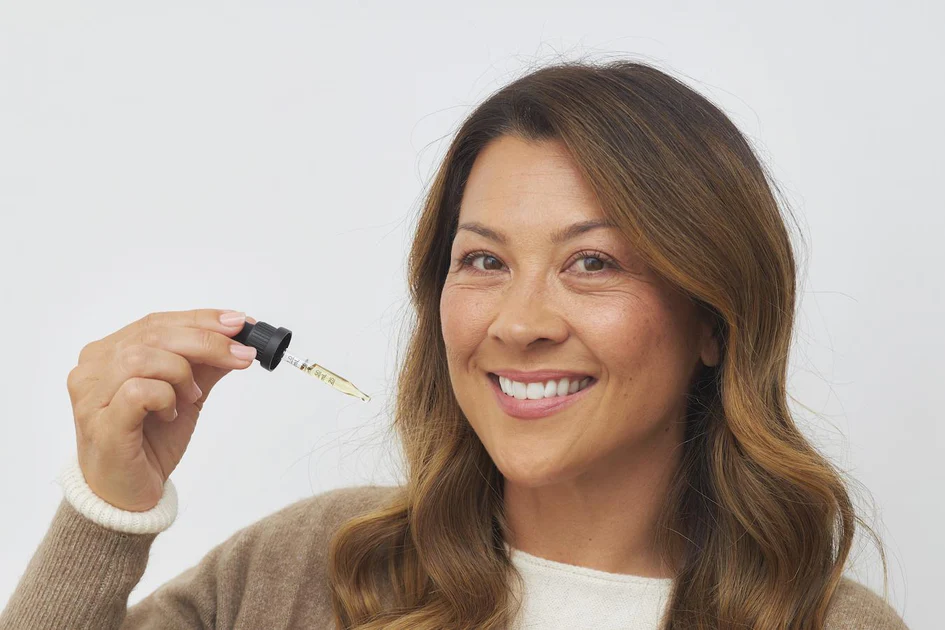Cannabigerol (CBG), often referred to as the “mother of all cannabinoids,” is a non-psychoactive compound found in the cannabis plant. While its more famous counterparts, THC and CBD, have dominated discussions around cannabis for health and wellness, CBG is starting to capture attention for its potential therapeutic benefits, especially in managing anxiety. This burgeoning interest stems from emerging research and anecdotal evidence suggesting that CBG could be a promising alternative for those seeking relief from anxiety symptoms. This article explores the science behind CBG, its efficacy for anxiety, and what current research says about its potential.

Understanding CBG
CBG is considered a minor cannabinoid because it is present in lower concentrations in most cannabis strains. It is the precursor from which all other cannabinoids are synthesized, making it a pivotal component in the cannabis plant’s biochemistry. Unlike THC, CBG does not produce intoxicating effects, making it an appealing option for individuals looking for the therapeutic benefits of cannabis without the psychoactive side effects.
How CBG Works
CBG interacts with the body’s endocannabinoid system (ECS), which plays a crucial role in maintaining homeostasis, including regulating mood, sleep, appetite, and stress. It binds to both CB1 and CB2 receptors in the ECS, influencing the release of neurotransmitters and potentially exerting anti-anxiety and antidepressant effects. This interaction with the ECS suggests that CBG could help manage the symptoms of anxiety by altering the body’s response to stress and emotional balance.
CBG and Anxiety: What Does the Research Say?
Research into CBG is still in its early stages, especially when compared to studies on CBD and THC. However, the preliminary findings are promising and suggest that CBG may have therapeutic potential for anxiety disorders.
- Animal Studies: Early studies on animals have shown that CBG can have a calming effect on the central nervous system. Research suggests that CBG can block serotonin receptors, which could have antidepressant and anti-anxiety effects. While these studies provide a foundation for understanding CBG’s potential, more research is needed to translate these findings to humans.
- Human Studies: There is a lack of clinical trials specifically investigating CBG for anxiety in humans. However, anecdotal evidence from individuals who have used CBG-rich products reports reductions in anxiety symptoms, suggesting that CBG may indeed have anxiolytic properties.
- Comparison with Other Cannabinoids: While CBD is currently the most studied cannabinoid for anxiety, CBG’s distinct mechanism of action within the ECS suggests it could offer unique benefits. Unlike CBD, which has a more indirect interaction with cannabinoid receptors, CBG’s direct binding to CB1 and CB2 receptors might provide a different therapeutic profile, potentially making it more effective for some individuals.
Potential Benefits of CBG for Anxiety
- Reduced Anxiety Symptoms: CBG may help alleviate symptoms of anxiety, such as restlessness, irritability, and difficulty concentrating.
- Neuroprotective Effects: Some research suggests CBG has neuroprotective properties, which could benefit brain health and resilience against stress.
- No Psychoactive Effects: CBG does not cause the high associated with THC, making it a safer option for those concerned about psychoactive effects.
How to Use CBG for Anxiety
CBG is available in various forms, including oils, tinctures, capsules, and edibles. When considering CBG for anxiety, it’s important to start with a low dose and gradually increase it based on your body’s response. Consulting with a healthcare provider familiar with cannabis-based treatments can also help tailor the dosage and form to your specific needs.
Considerations and Precautions
While CBG is generally well-tolerated, potential side effects, such as dry mouth, changes in appetite, and fatigue, may occur. It’s also important to consider the quality of CBG products, as the market is not uniformly regulated. Look for products that have been third-party tested for purity and potency to ensure safety and efficacy.
The Future of CBG for Anxiety
As interest in CBG’s therapeutic potential grows, it is likely that more comprehensive studies will emerge, offering deeper insights into its efficacy for anxiety and other conditions. The development of CBG-rich cannabis strains and advancements in extraction techniques may also make CBG more accessible to those seeking alternative treatments for anxiety.
Conclusion
CBG holds promise as a novel approach to managing anxiety, with preliminary research and anecdotal evidence pointing to its potential benefits. While further studies are needed to fully understand its therapeutic properties, CBG’s non-psychoactive nature and unique interaction with the ECS make it an intriguing option for those exploring natural remedies for anxiety. As the cannabis research landscape continues to evolve, CBG may soon find its place alongside CBD as a key component in the natural wellness toolkit for anxiety relief.
